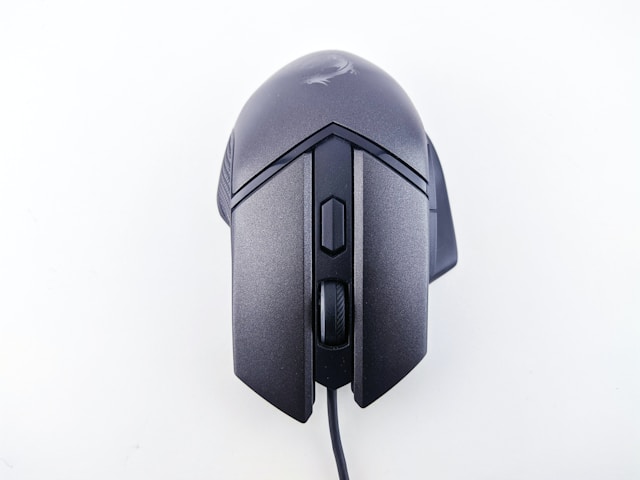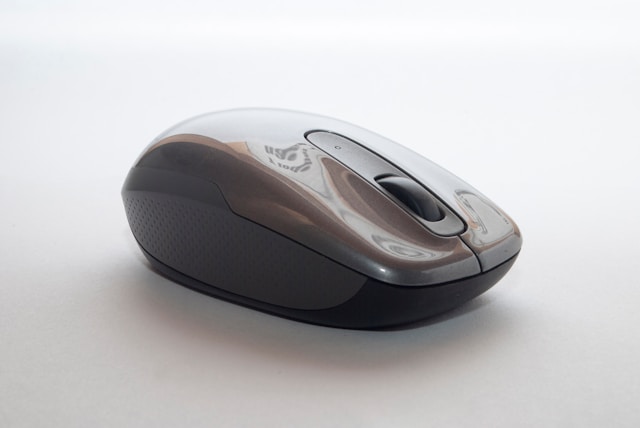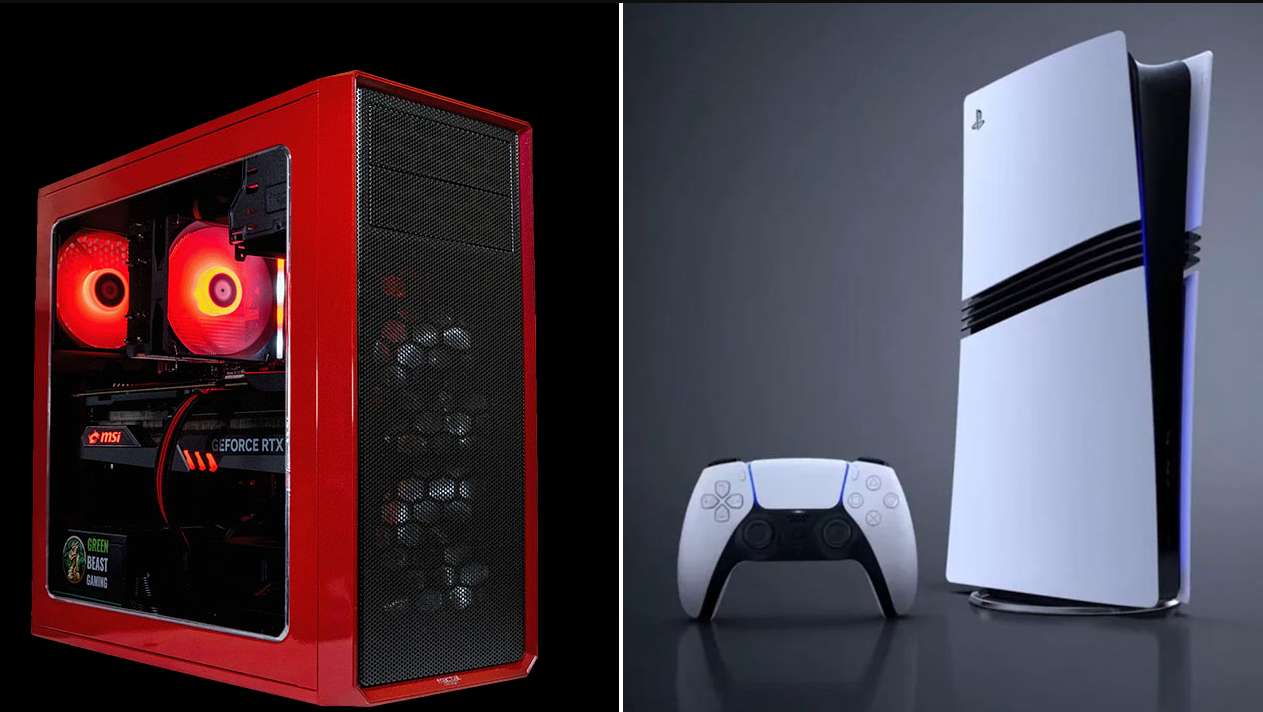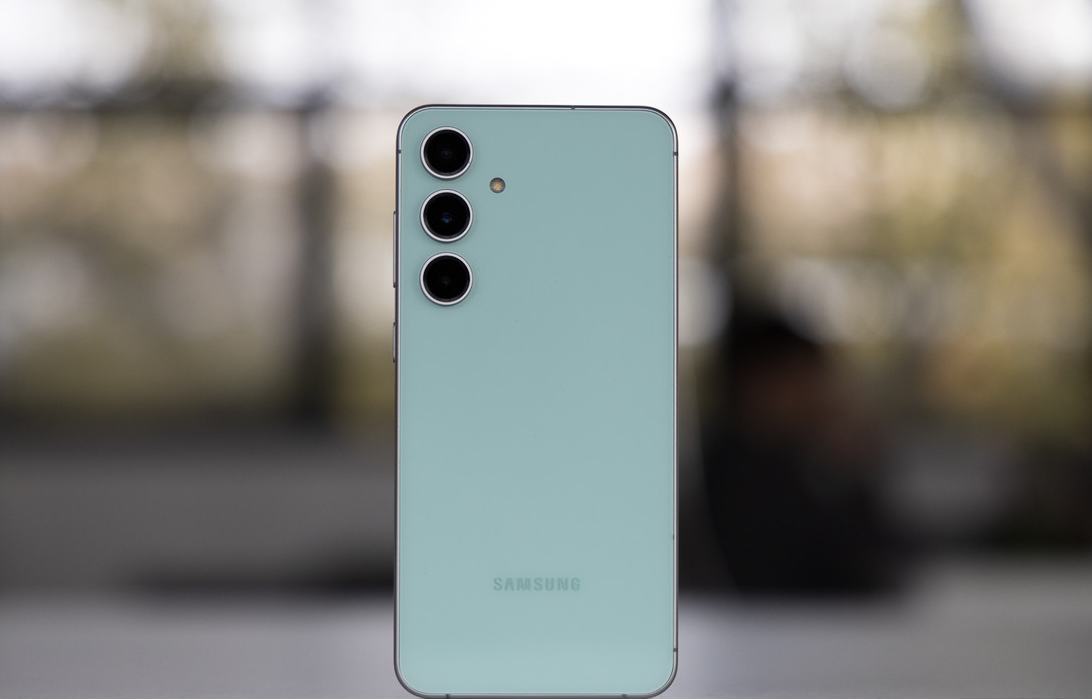In an era of rapid technological change, careful selection of computer accessories, including mice, plays a key role in improving work efficiency and comfort. Let’s look at the two main groups of mice: wired and wireless. Wired mice stand out for their consistency and precision, which is especially important for gaming enthusiasts and professionals, while wireless options offer flexibility and ease of movement, which is ideal for those who regularly change jobs.
In this article, we analyse in detail the advantages and limitations of each type, as well as the key features to consider for an informed choice, taking into account both your individual working environment and personal preferences.
Comparing the Features of Wired and Wireless Computer Mice
| acteristics | Wired mouse | Wireless mouse |
| Connection | Connection via USB cable | Connecting via Bluetooth or USB receiver |
| Nutrition | Receives power from the USB port | Requires battery or rechargeable battery pack |
| Mobility | Limited by cable length | High mobility without cable restrictions |
| Response time | Generally lower, which is better for gaming and professional tasks | Can be higher, which is sometimes less favourable for games |
| Price | Often cheaper | It’s usually more expensive |
| Durability | May be higher due to lack of battery wear and tear | May decrease due to battery wear and tear |
| Ease of use | Restricted movement due to cable | Greater freedom of movement |
| Ergonomics | Depends on the model | Depends on the model, but sometimes heavier due to batteries |
| Additional features | Depends on the model | Can include multi-connection, silent buttons |
Mouse specifications
Sensor sensitivity (DPI)
- DPI Significance: The DPI (dots per inch or dots per inch) level determines the sensitivity of the mouse. A higher DPI value speeds up and improves the accuracy of cursor movement.
- DPI adjustment: Many mouse models allow you to adjust the DPI level, allowing the user to tailor the sensitivity of the mouse to their needs or specific tasks.
Design and Usability
- Adapting to Grip Styles: Your choice of mouse shape should match your preferred grip style (typically paw, palm or fingers).
- Suitable Size: Developers offer models optimised for different hand sizes.
- Materials and Texture: The materials used in the mouse and its outer coating can affect the feel of comfort and grip.
Buttons and their Functionality
- Button Customisation: The ability to program additional buttons for specific actions or macros extends the capabilities of the mouse.
- Use in Games and Work Tasks: For gaming applications, additional buttons can be assigned for quick access to game functions, and in a work context, they increase work efficiency.
Software for Customisation
- Customisation Features: The mouse customisation software allows you to change various parameters including DPI, button functions, and customise light effects.
- Different Profiles: Create multiple profiles with customised settings for a variety of games and workflows.
Wired Mice

Benefits:
- Link Resilience: Wired mice guarantee a constant and trouble-free connection, which is key for gamers and professionals requiring high precision.
- No Charging Required: Wired mice connect directly to the USB port, eliminating the need for constant battery replacement or charging.
- Cost-effective: In general, the price of wired mice is lower compared to wireless models.
Disadvantages:
- Limited Range of Operation: The presence of a cable can reduce mobility and inconvenience in the workplace.
- Cable fraying: Over time, the cable may become frayed or damaged, which may require replacing the mouse.
Wireless Mice

Benefits:
- Increased Mobility: The absence of wires gives greater freedom of action and convenience, especially when used away from a stationary workstation.
- Tidy and Modern Look: Wireless models contribute to a cleaner and more stylish workspace.
- Variety of Designs: Wireless mice are often offered in more fashionable and innovative designs.
Disadvantages:
- Need for Charging: Charging or replacing batteries on a regular basis can be burdensome.
- Potential Connection Delays: Some wireless models may experience signal delays or interference, which is critical for gaming applications.
- Higher Cost: The price of wireless mice is usually higher than their wired counterparts.
Additional aspects of selection
Reaction Speed
- Wired Models: Features a shorter reaction time, which is key for gaming sessions and tasks where speed and accuracy are important.
- Wireless Models: Have progressed significantly in terms of responsiveness, although some may still be inferior to wired variants.
Comfort in use
- Ergonomic: Many wireless mice are designed with a comfortable grip in mind, which helps reduce fatigue during prolonged use.
- Weight: Wired mice are often lighter due to the lack of built-in batteries, which may be preferable for some users.
Compatibility and Connectivity
- Wireless Mice: Often support multi-connectivity, allowing you to easily switch between multiple devices.
- Wired Mice: Limited to connecting to a single device, which may be less convenient in a multitasking environment.
Durability and Resistance to Damage
- Wired Mice: May be more durable due to the lack of need for frequent replacement of batteries and charging mechanisms.
- Wireless Mice: Occasionally require battery or battery replacement, which may increase the overall cost of operation.
Consider the following factors when deciding to buy a mouse:
Assess Mobility Needs: If you frequently work in different locations or value a clean workspace, a wireless mouse is the best choice. For permanent workstations or games with high precision requirements, a wired mouse is better suited.
Significance of Performance: In situations where responsiveness is critical, as in professional gaming, wired mice are preferred because of their faster response times.
Budget Constraints: Wired mice are usually more affordable compared to wireless models, which can be a key factor when you’re on a tight budget.
Longevity and Care: Wireless mice require regular battery replacement or charging, while wired mice may need to be replaced if the cable becomes damaged.
Comfort and Usage Preferences: It is important to match the shape and ergonomics of the mouse to your personal preferences. Some people prefer the simplicity and flexibility of wireless models, while others appreciate the stability and reliability of wired models.
Device compatibility: Check if the mouse you choose is suitable for your computer and OS, especially in the case of wireless models that may require special ports or Bluetooth.
Functionality: Consider additional features such as customisable buttons, variable DPI resolution, and customisation options via software.
User Reviews: Read reviews and testimonials to get an idea of the quality, reliability and comfort of the mouse before you buy.
Determining whether to use a wired or wireless mouse depends not only on personal preference, but also on the balance between usability, efficiency, cost and longevity of the device. For those who are often on the move or working in fast-paced environments, a wireless mouse may be a better choice. At the same time, for gaming or professional tasks where every fraction of a second counts, wired mice offer an unrivalled advantage.
In the end, the final decision should be based on carefully analysing all aspects and understanding which specifications are most relevant to your unique working style and personal comfort.
Choose between a wired or wireless mouse and get the most out of it with reBITme. We wish you a favourable and successful shopping experience!





